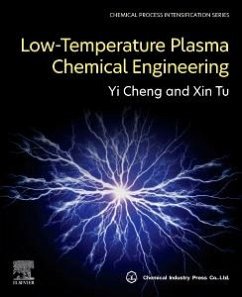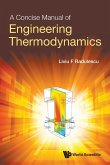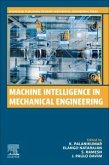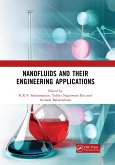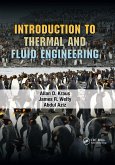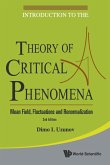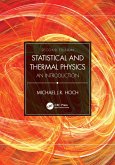Low-Temperature Plasma Chemical Engineering bridges the gap between the plasma and chemical engineering communities. It includes principles and mechanisms of plasma process intensification, novel plasma reactor and process design, and process optimization. The book highlights various plasma chemical processes, such as oxidation of volatile organic compounds (VOCs), methane reforming, CO2 conversion, and biomass tar reforming. It also discusses nitrogen fixation, plasma agriculture, and plasma biotechnology. The book further explores advanced oxidation processes, organic synthesis in microchannel reactors, electrostatic precipitation, plasma pyrolysis of coal into acetylene, synthesis of nanomaterials and ultrafine powders, and solid waste treatment. It brings together state-of-the-art research and development in advanced low-temperature plasma chemical engineering technologies. It also addresses challenges and future perspectives in this emerging area. Low-Temperature Plasma Chemical Engineering is a valuable resource for scientists, engineers, technicians, and students from various research backgrounds, including plasma physics, plasma chemistry, chemical engineering, energy engineering, materials science and engineering, environmental engineering, and electrical engineering.
Bitte wählen Sie Ihr Anliegen aus.
Rechnungen
Retourenschein anfordern
Bestellstatus
Storno

